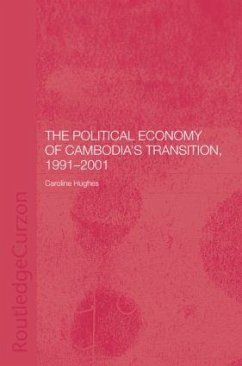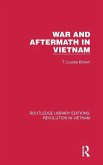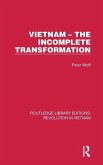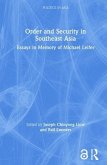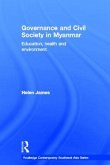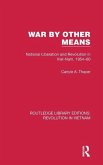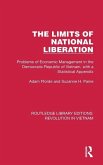This book explores the three continuing, intertwined transitions which have taken place in Cambodia since the late 1980s - the transition from command economy to free market, from civil war to peace, and from single-party authoritarianism to multi-party democracy. Using a political economy approach, and drawing on extensive original research, the book argues that the first transition, to the free market, has been particularly important in determining the character of the other transition processes. The reorientation of the state on the basis of personal networks of political loyalty and economic entrepreneurship, backed by the threat of violence, permitted the emergence of a limited political accommodation between the major parties in the 1990s, which provided few benefits to Cambodia's poor. The book goes on to show how the interaction between local, state, transnational and international networks has provided different opportunities for local participation and empowerment in rural and urban areas, and suggests that in this local activity, rather than primarily in elite or international policies for state transformation, the roots of a future Cambodian democracy lie.
Cambodia underwent a triple transition in the 1990s: from war to peace, from communism to electoral democracy, and from command economy to free market. This book addresses the political economy of these transitions.
Hinweis: Dieser Artikel kann nur an eine deutsche Lieferadresse ausgeliefert werden.
Cambodia underwent a triple transition in the 1990s: from war to peace, from communism to electoral democracy, and from command economy to free market. This book addresses the political economy of these transitions.
Hinweis: Dieser Artikel kann nur an eine deutsche Lieferadresse ausgeliefert werden.

